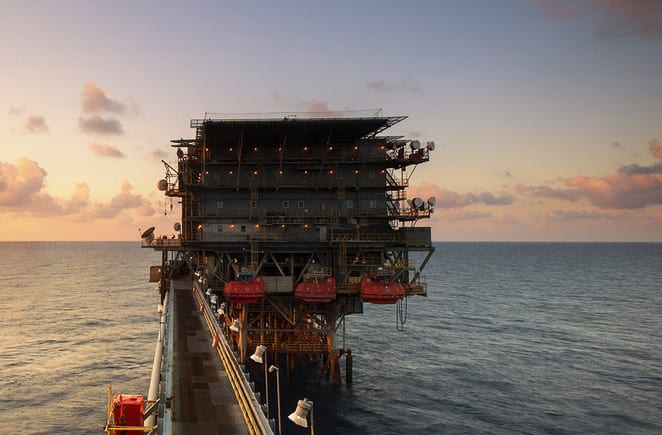For decades, many Latin America’s oil-producing nations have often shunned investment from foreign firms, instead keeping their vast reserves under the tight control of governments and state-run oil companies, Reuters states in a April 2 report.
They aimed to protect profits to feed public budgets, but in practice have seen some major breakdowns, as with the corruption scandals and heavy debts at Brazil’s Petroleo Brasileiro SA [PDVSA.UL], or the inability of Mexico’s Pemex[PEMX.UL] to conjure the cash and expertise to tap its vast deepwater reserves.
Now, an unprecedented wave of free-market energy reforms is gaining traction across the region, setting up a fierce competition to attract billions of dollars in investment from the likes of Exxon Mobil (XOM.N), BP (BP.L) and Royal Dutch Shell (RDSa.L).
Seven governments this year will combine to hold at least 15 oil and gas auctions, offering a record 1,100 blocks of onshore or offshore acreage, according to interviews with officials and a tally of announced auctions. On Thursday, Brazil’s latest auction collected $2.4 billion in pledges, awarding 22 of 68 regions on offer.
“In 2018, countries in the region will host the most licensing rounds in history,” said Pablo Medina, vice president of energy consultancy Welligence.
The race for private investment reflects an acknowledgment by many countries that they have neither the cash nor the technology to fully explore and develop their reserves. The embrace of foreign capital in Argentina, Brazil and Ecuador also follows the rise of centrist or right-leaning governments.
It also signals a willingness by governments to settle for a smaller cut of the profits – which could be slimmed further by the competition to attract investment as governments offer tax incentives, reduced royalties and other inducements.
The glaring exception is Venezuela, where state-run PDVSA remains under the firm control of a leftist government in the throes of an economic and political meltdown.
Elsewhere, emerging reforms are giving oil majors and independent producers their pick of some of the region’s richest resources – after being shut out of these markets or waiting years for the right moment to invest. But they also face a risk that governments could shift back to resource nationalization or lose the political will to fully establish market reforms. An oil price drop could also undermine profits from such long-term, expensive projects, Reuters said.



